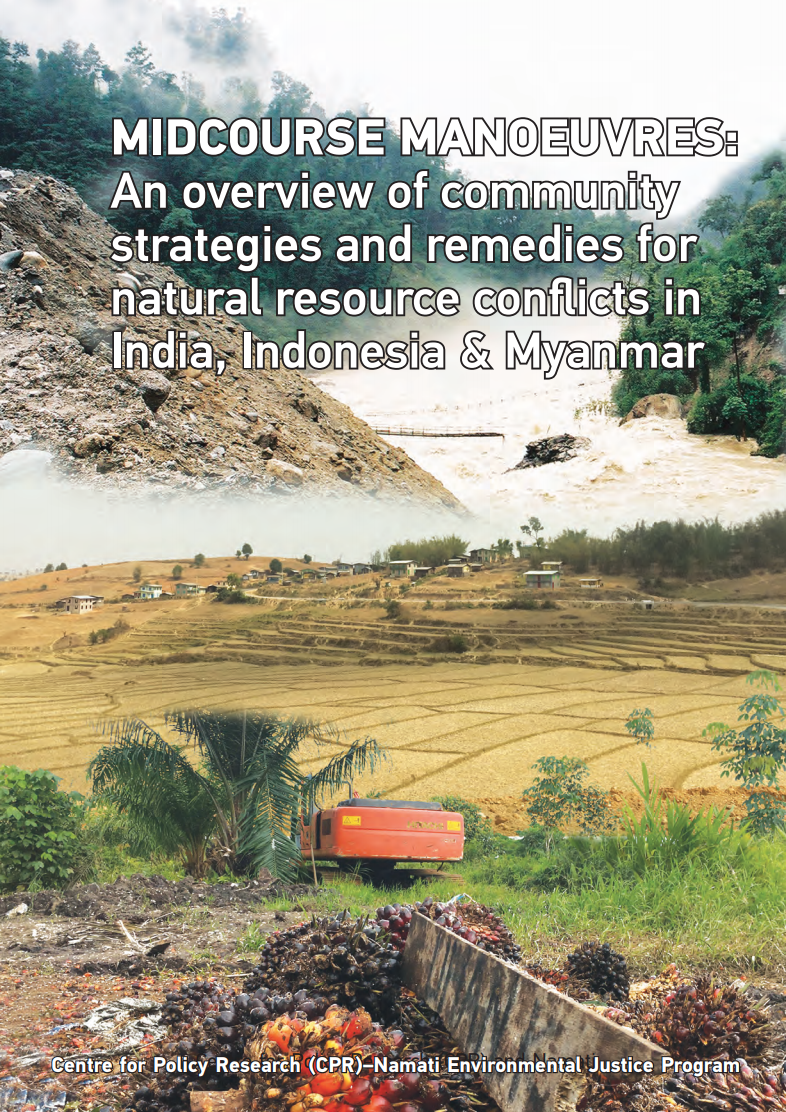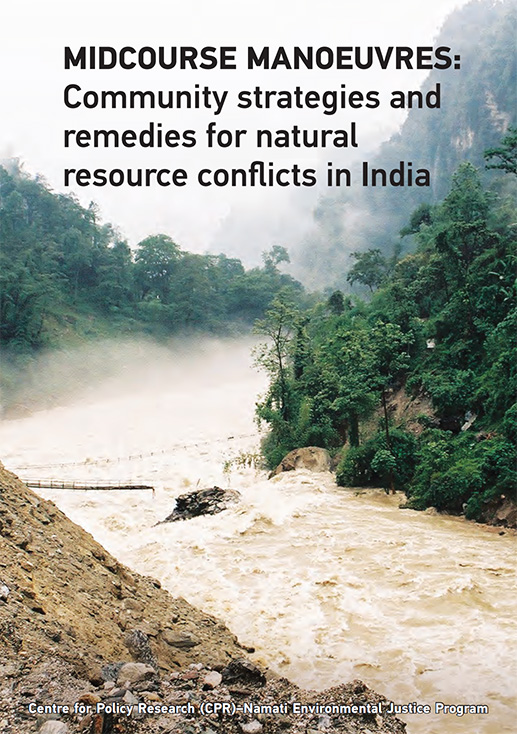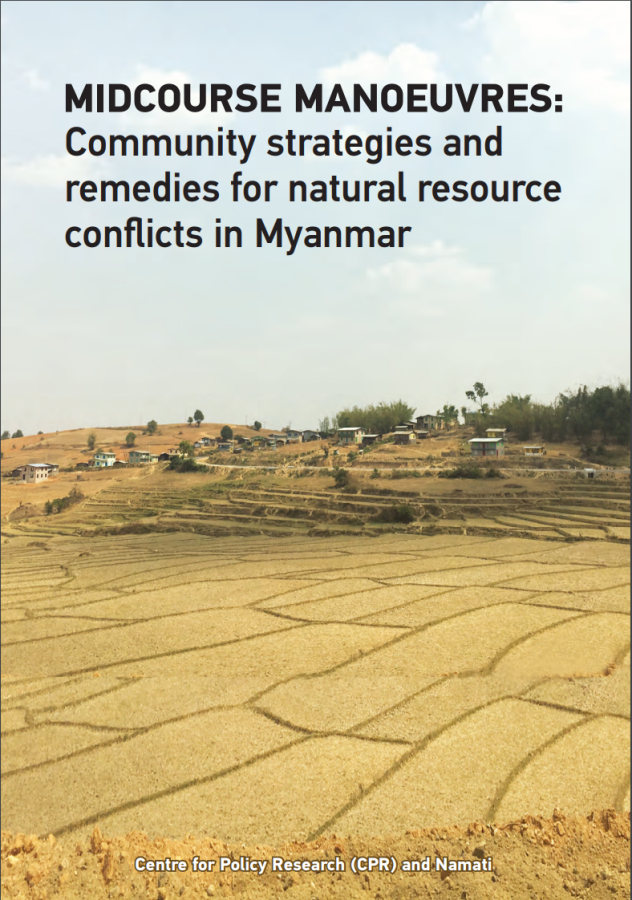Focal point
Location
Dharam Marg, Chanakyapuri
New Delhi 110021
The Centre for Policy Research (CPR) has been one of India’s leading public policy think tanks since 1973. The Centre is a non-profit, non-partisan independent institution dedicated to conducting research that contributes to the production of high quality scholarship, better policies, and a more robust public discourse about the structures and processes that shape life in India.
CPR’s community of distinguished academics and practitioners drawn from different disciplines and professional backgrounds. The institution nurtures and supports scholarly excellence. However,the institution as such does not take a collective position on issues. CPR's scholars have complete autonomy to express their individual views. Senior faculty collaborate with more than 50 young professionals and academics at CPR and with partners around the globe to investigate topics critical to India’s future.
Members:
Resources
Displaying 1 - 5 of 21Webinar Report: Building a Land Information Ecosystem in India
An information ecosystem is an extremely vast and cluttered space. What data exist? What data is up to date? What data is reliable? Who owns the data? Can I use the data without inflicting harm? Who are the data subjects? Many people across numerous sectors struggle with such questions and more. The land governance sector in India is no different. But somehow, it seems the land data ecosystem in India is more complex and controversial.
Policy Challenges 2019-2024|Regulations and Resources
An estimated 7.7 million people in India are affected by conflict over 2.5 million hectares of land, threatening investments worth $ 200 billion.1 Land disputes clog all levels of courts in India, and account for the largest set of cases in terms of both absolute numbers and judicial pendency.
Midcourse Manoeuvres: Overview of Community Strategies and Remedies for Natural Resource Conflicts in India, Indonesia and Myanmar
Land transformation has been at the centre of the economic growth of post-colonial Asia. In the 1990s, many Asian countries embraced economic liberalization and speculative business interests in land began to replace the state’s control of land for developmental purposes. The growing demand for land by corporations and private investors has fuelled several regional land rush waves in Asia, bringing them directly in conflict with communities that require these lands for their occupations and survival.
Midcourse Manoeuvres: Community Strategies and Remedies for Natural Resource Conflicts in India
Successive governments in India have emphasized the need for industrial expansion and privatization as the foundation for economic stability and growth. This focus has led to the policy-induced transformation of rural and peri-urban landscapes into use for industry and infrastructure. These transformations have caused social conflicts and ecological impacts for land and resource-dependent people.
Midcourse Manoeuvres: Community Strategies and Remedies for Natural Resource Conflicts in Myanmar
Since the 1960s, and particularly in the last decade, Southeast Asia has been attracting significant foreign investments. Myanmar, despite its land titling and registration tangles, is no exception. Investors all across the globe are vying for a piece of the “Golden Land” and the country is responding with equal fervor. The building of a modern industrialized nation through agricultural development is one of the country's economic objectives. Foreign investments are being encouraged, private businesses are being pushed, and attractive tax and duty rebates are being offered.





